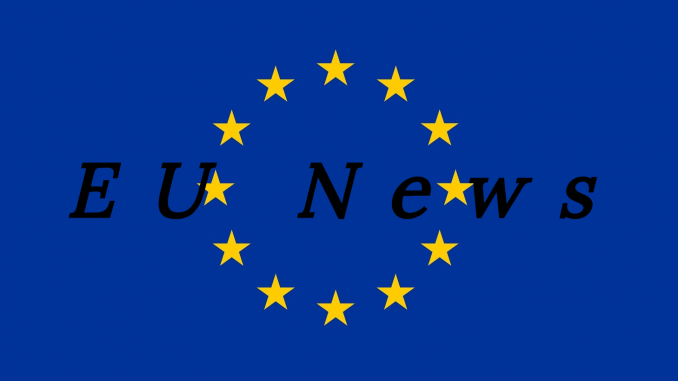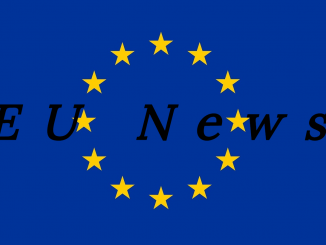
Last week, the European Commission issued a statement, concerning the illegal tax benefits Engie received in Luxembourg.
Artículo disponible en Español | Article disponible en Français
EU Commissioner for Competition Margrethe Vestager, who’s rapidly becoming the greatest nightmare of all big tax-evading companies, issued a statement the 20th June 2018, concerning, as the title says, the illegal tax benefits Luxembourg gave Engie.
It is not a secret that some countries in the European Union are “tax heavens” for companies, due to low tax rates and loopholes in legislation, and that these “tax heaven” countries favoured a few companies by giving them even lower tax rates. Not too long ago, the same Commissioner concluded that Apple did have to pay around 13 billion euros to Ireland, as the Irish government had given them a lower tax rate, and the latest victim of Mrs. Vestager seems to be Engie, the energy company.
Engie is well known in Belgium, France and the Netherlands, being one of the main providers for electricity and gas. It is probably more well-known under the name of GDF Suez, its old name. The Commission has been investigating whether Engie benefited from illegal tax benefits, and recently concluded that they did, telling Luxembourg that they must recover around 120 million euros in unpaid tax, plus interests. The final amount will be determined by Luxembourg’s tax authorities.
The Commission gave a basic explanation of how Engie managed to pay as low as 0.3% taxes over a decade, while Luxembourg’s corporate tax is around 29%. Our explanation is even more basic, leaving out details (such as the intermediary, Engie Treasury Management) and the fact that Luxembourg’s tax authorities endorsed Engie’s tax schemes in 2 different tax rulings.
Engie created a set of companies. One of these is called “LNG Supply”, which bought, sold and traded liquefied natural gas and other products. The second company is named “LNG Holding”. In 2008, LNG Supply bought Engie’s gas business in Luxembourg, and the financing came from LNG Holding. The part where Engie tricked the authorities is here. In their accounting books, LNG Supply marked that they took a loan from LNG Holding to buy the gas business from Engie and deducted the interests from the loan from their profit. Meanwhile, on LNG Holding’s books, they marked this as an investment and got shares in return from LNG Supply. In Luxembourg, income from shares is not taxed, as the law assumes the company paying the money already paid the taxes. This enabled Engie to not pay tax on 99% of their income in Luxembourg, giving the company an advantage over local competitors, which is illegal under EU State aid rules.
The European Commission has been investigating various cases across the European Union since 2013. The most well-known are Apple’s case in Ireland, Amazon in Luxembourg, and recently Fiat, the car maker, complained of the decision of the Commission concerning the illegal tax benefits the company received in Luxembourg. Currently, the Commission is busy looking into McDonalds and Inter IKEA, as well as a tax scheme for multinationals in the UK.
The full press release and detailed explanations are available here:
Statement
More details & diagrams
More on this subject:


